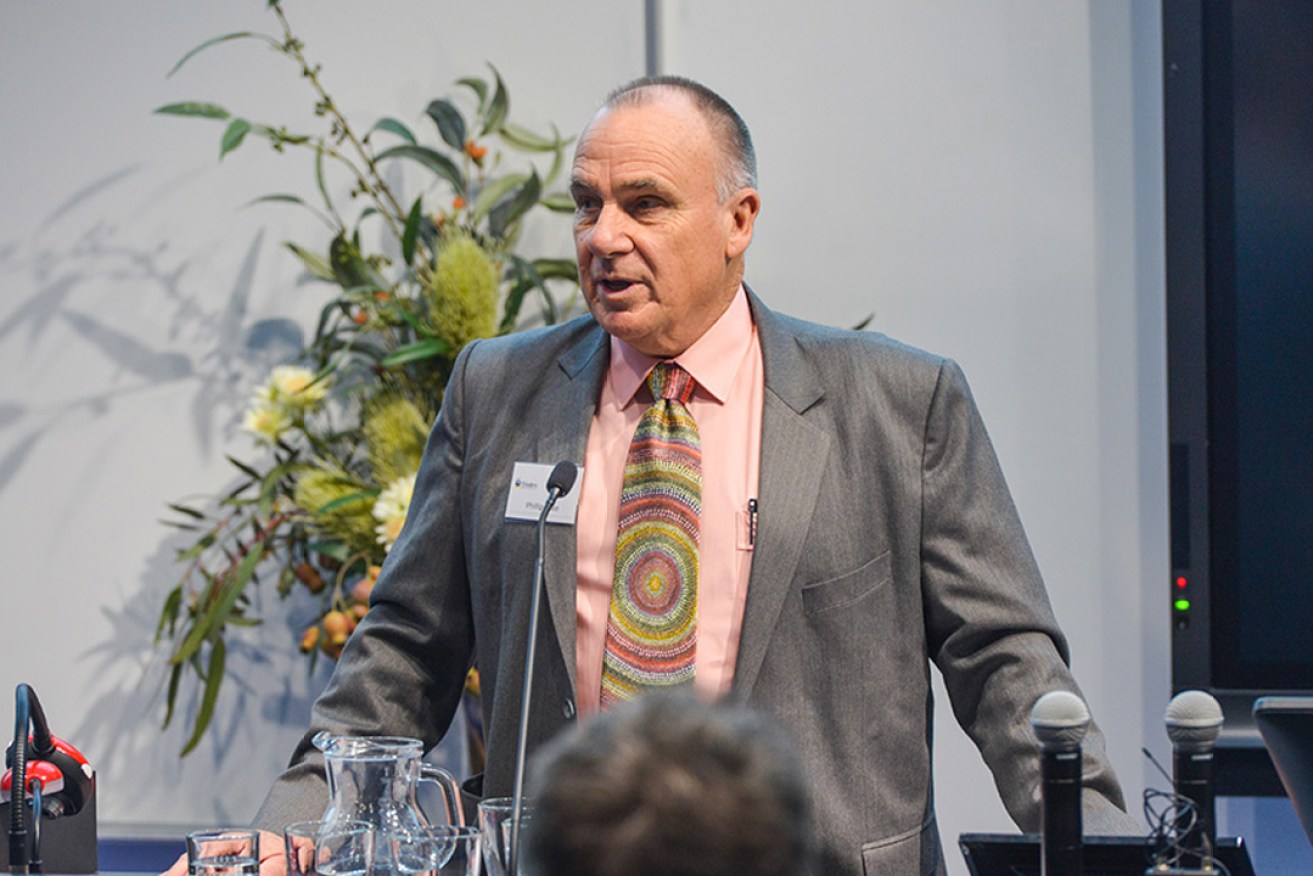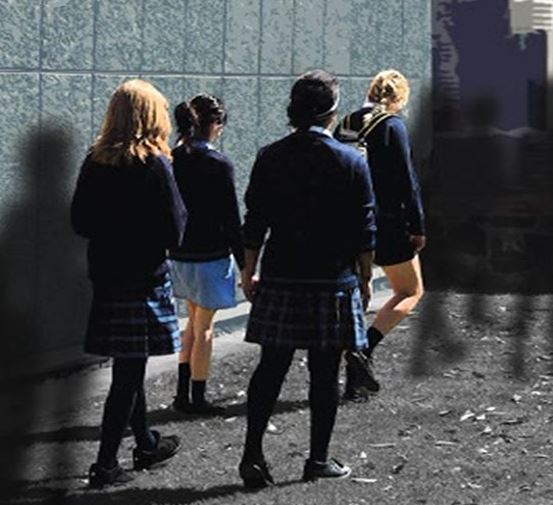
SA school anti-bullying program heads around the world
An anti-bullying program, developed in South Australia, is being introducing into the US and other international markets after students and teachers have helped design and produce it, says Flinders University Professor Phillip Slee.

Flinders University educational researcher Professor Phillip Slee presenting at last year’s Student WellBeing and Prevention of Violence conference at Flinders at Tonsley.
The Flinders Professor in Human Development says the P.E.A.C.E. Pack he developed with others at the University’s School of Education is now used in schools across Australia and in Malta, Greece, Korea and Japan. It is one of four anti-bullying programs being trialled in American schools this year.
He says American researchers have been convinced by evaluations showing that the P.E.A.C.E. Pack works.
“Across the world, there are many brightly packaged programs that promise to reduce bullying – without any evidence that they work,” Professor Slee said. “In fact, they may have adverse effects.
“We have the evidence that ours does work in significantly reducing bullying, increasing students’ knowledge about how to stop bullying and who to talk to about it, and reducing the likelihood that students will join in bullying others.”
Professor Slee attributes the successful outcomes to the involvement of teachers and students in creating the materials and identifying how to present them.
“The program also asks students to contribute to the development or updating of anti-bullying and safe school policies at their own schools,” he said. They are driving the program and feel they are in charge of it.
“Students appreciate the chance to determine how they can be safe in their school environment.”
The P.E.A.C.E. process consists of five main elements to enable schools to address bullying:
- P – Preparation and consideration of the nature of bullying
- E – Education and understanding of the issues
- A – Actions and strategies developed to reduce bullying
- C – Coping strategies for staff, students and parents
- E – Evaluation, review and celebration of the program, including pre- and post-program testing of the participants.
Professor Slee’s book based on the program, School Bullying: Teachers helping students cope, was released in December 2016.
A trained teacher and registered psychologist, Professor Slee said that between 17 and 18 per cent of Australian senior primary and secondary students report that they are “seriously” bullied – defined as being bullied one or more times each week. His research shows that in schools where the P.E.A.C.E. Pack is used – where about the same proportion of students report being bullied at the start of the program as in the Australian population – the proportion has dropped significantly at the end of the eight-week program.

The cover of the PEACE Pack video.
Professor Slee said students become engaged because the program uses videos depicting real-life scenarios of what physical, social, psychological and cyber-bullying “look like” and their impacts on victims. It also highlights how bystanders have a major role in reducing bullying by calling out bullying behaviours rather than encouraging bullies or refusing to intervene.
Slee, P.T. (2008). The PEACE Pack: A program for reducing bullying in our schools. In Shane R. Jimerson, Susan M. Swearer, and Dorothy L. Espelage (Eds) The International Handbook of School Bullying. New York, Routledge.
MCERA, an independent, not-for-profit organisation, provides a conduit through which education research and researchers are made more accessible to the media to improve public understanding of education-related issues.




